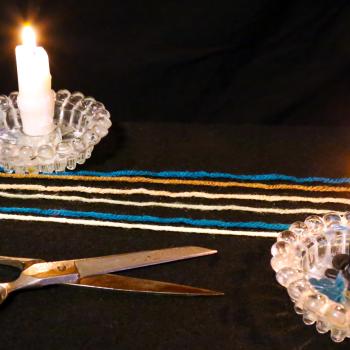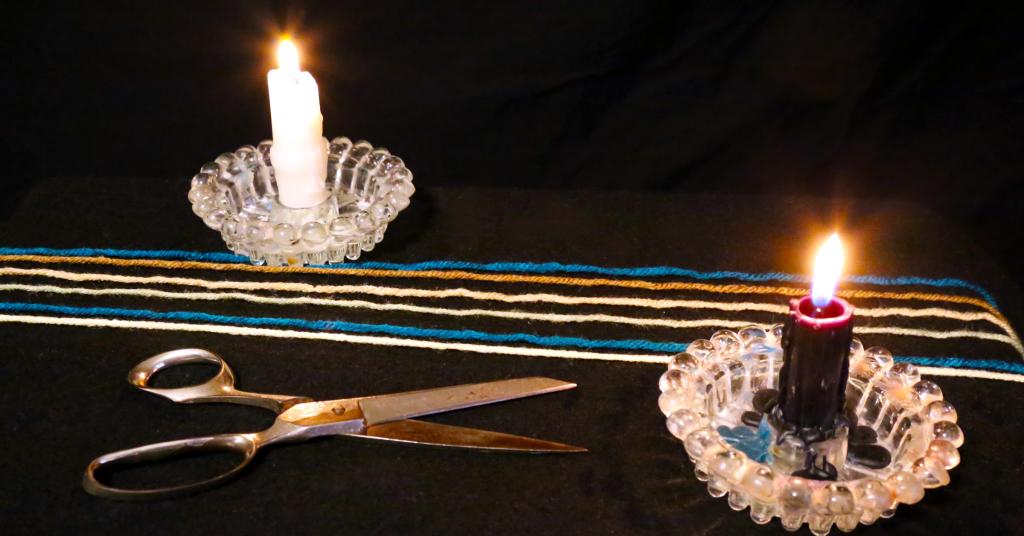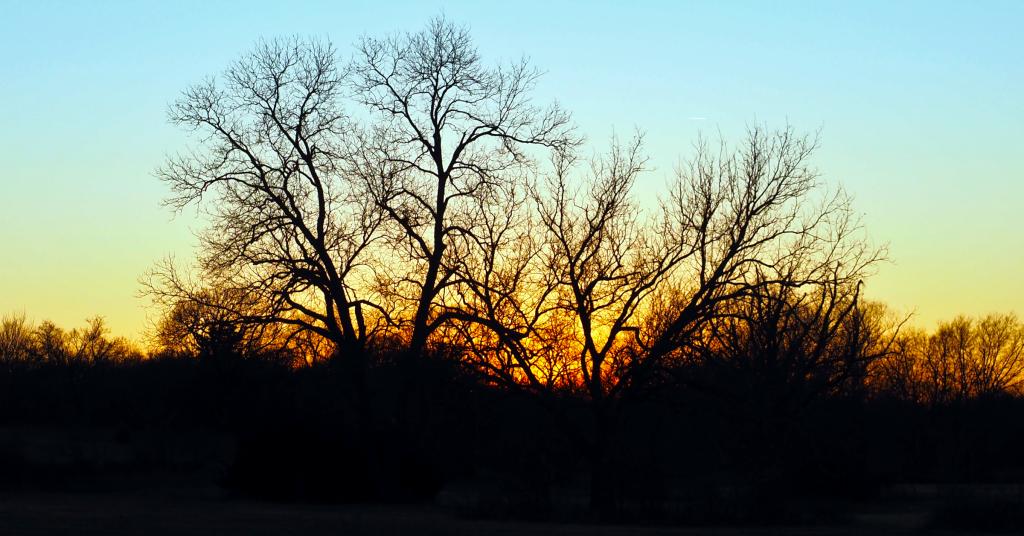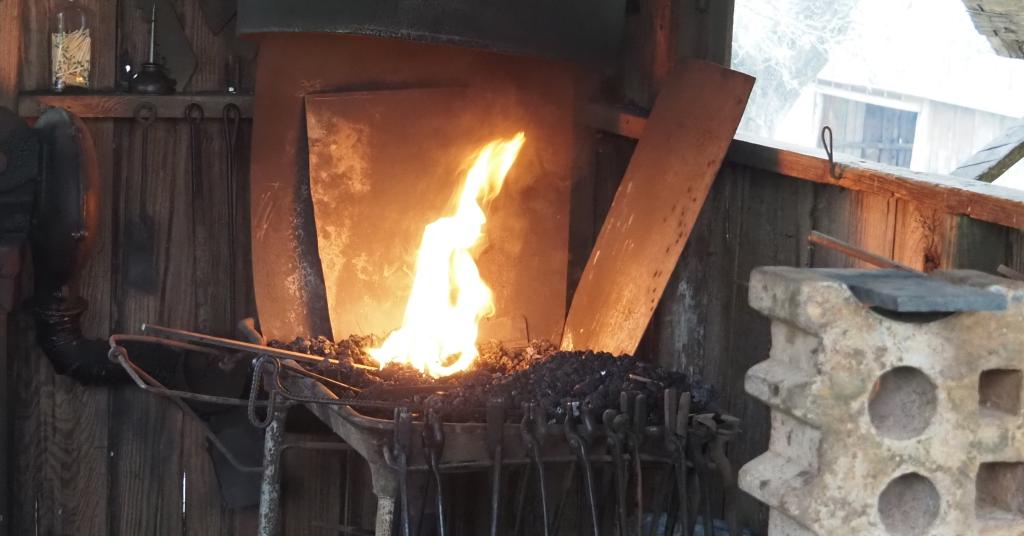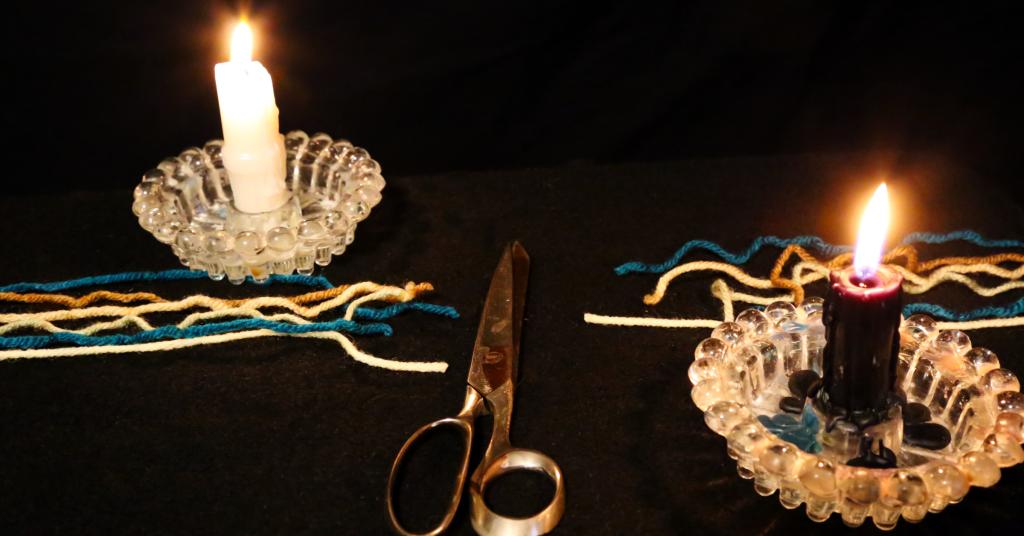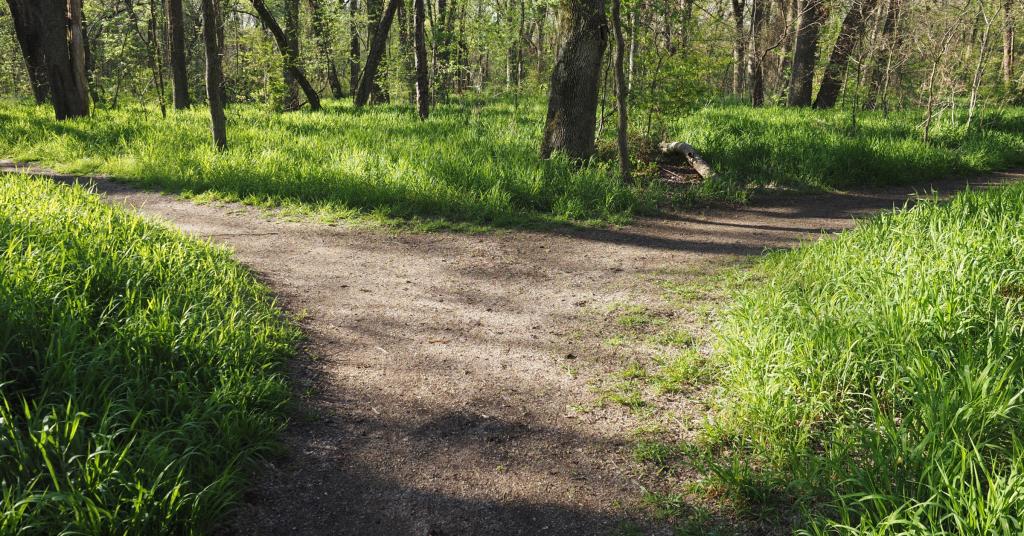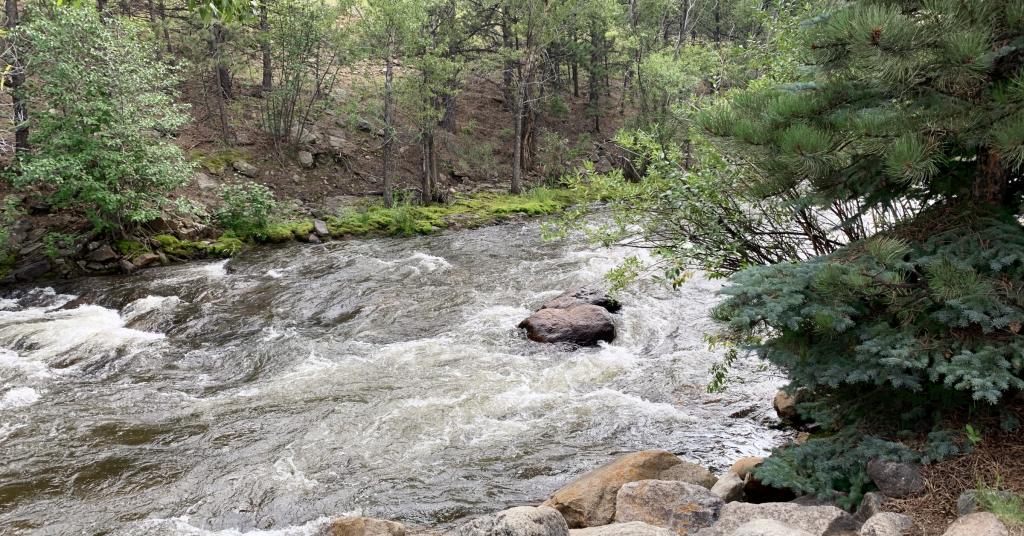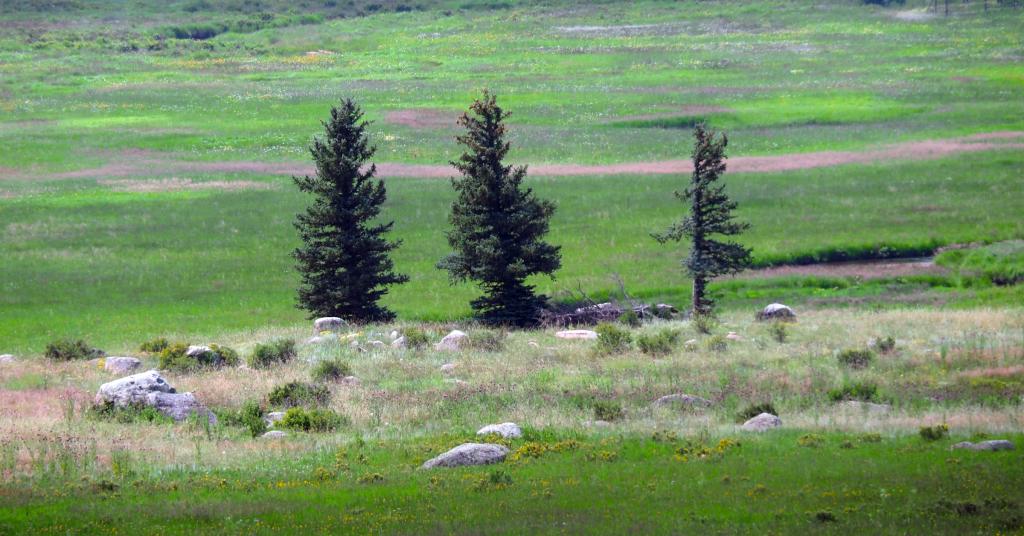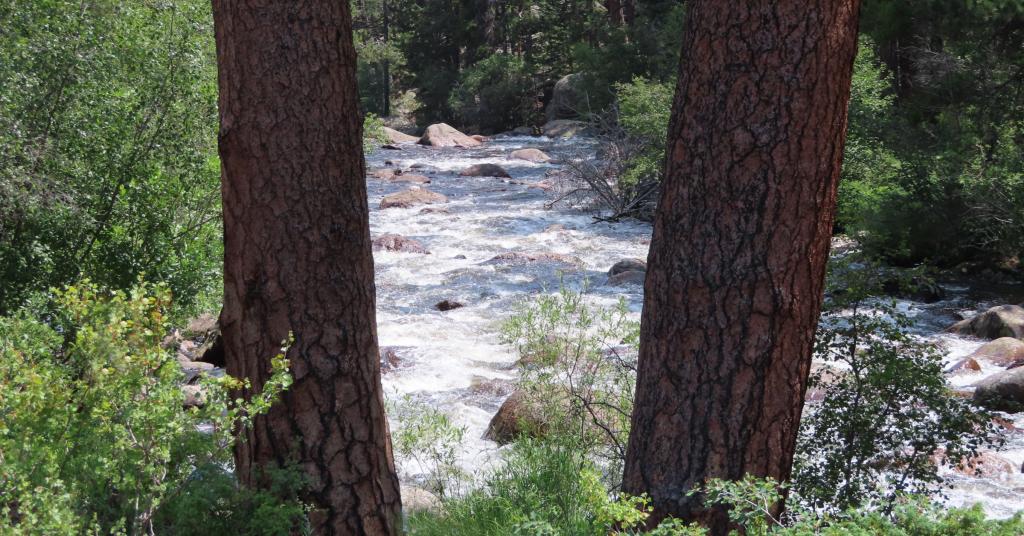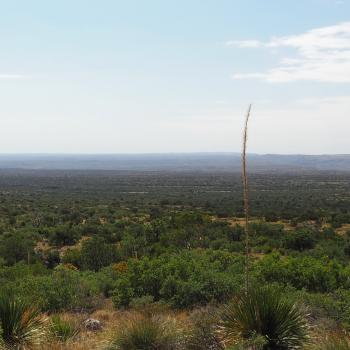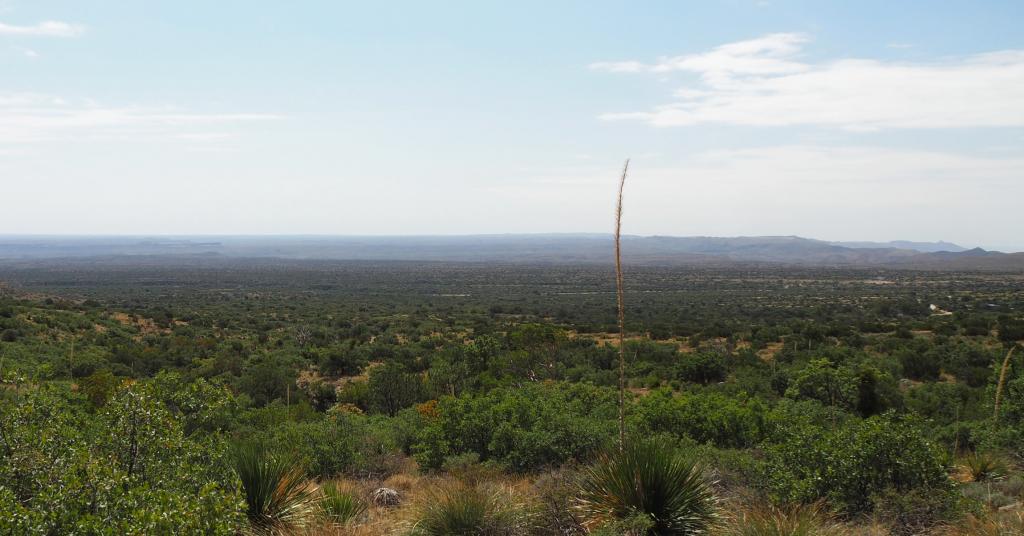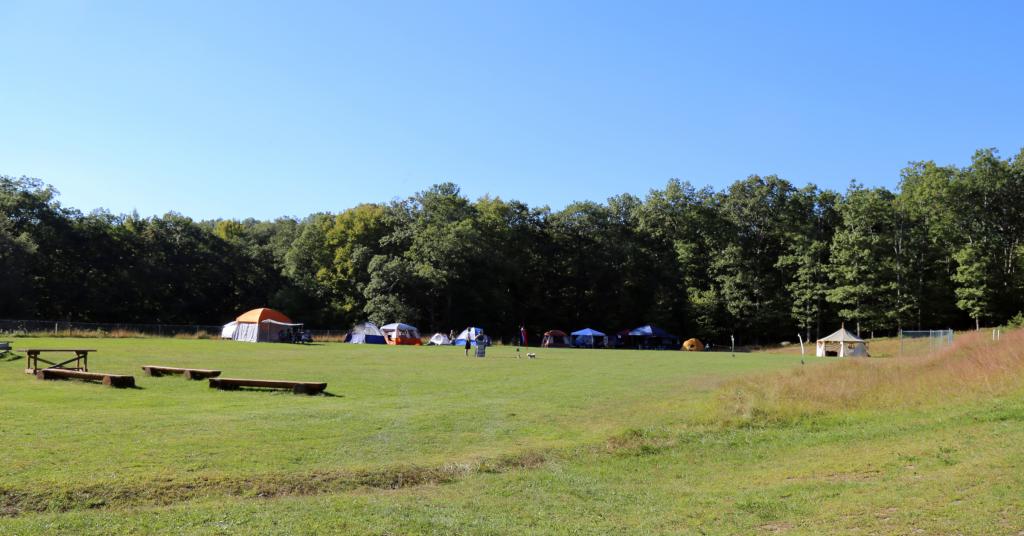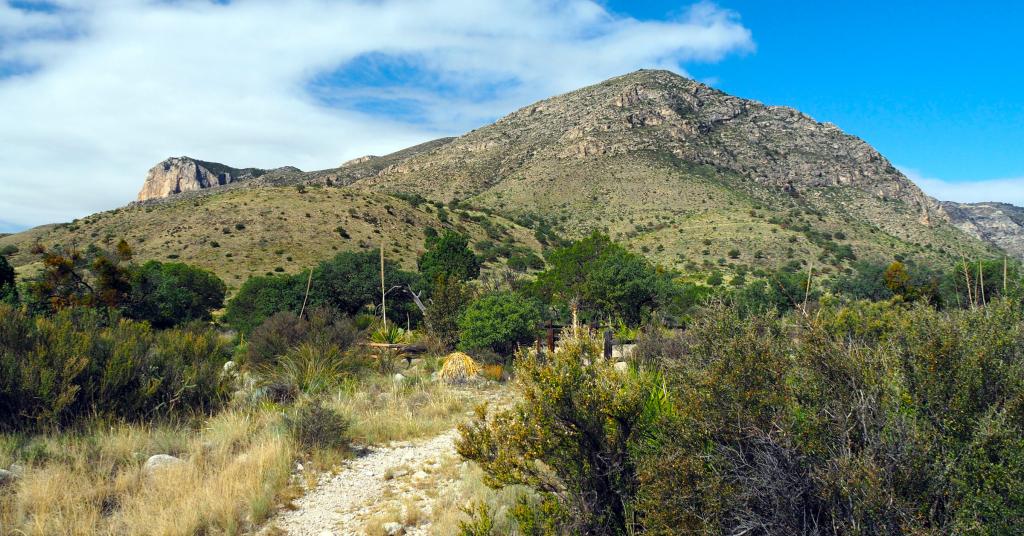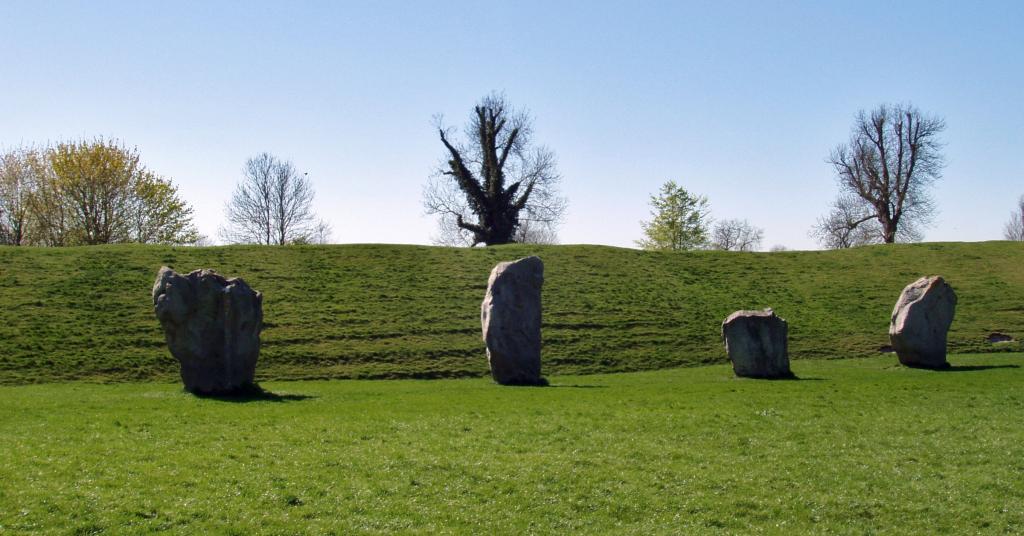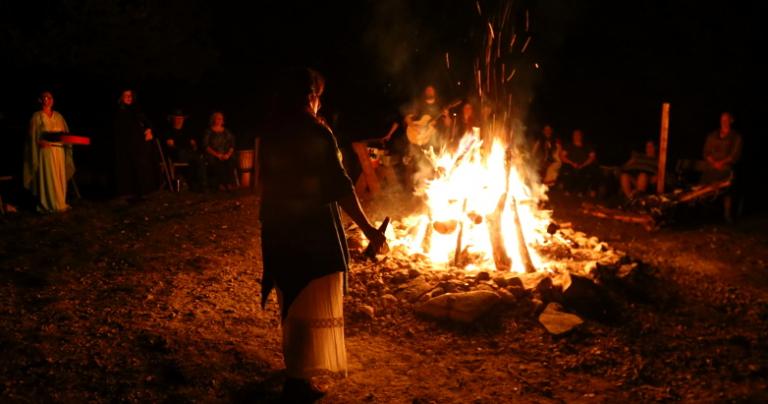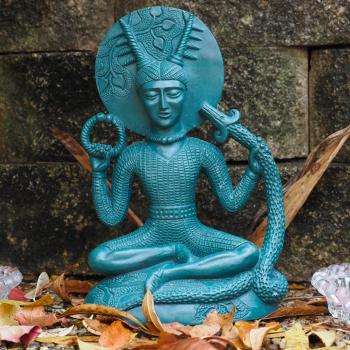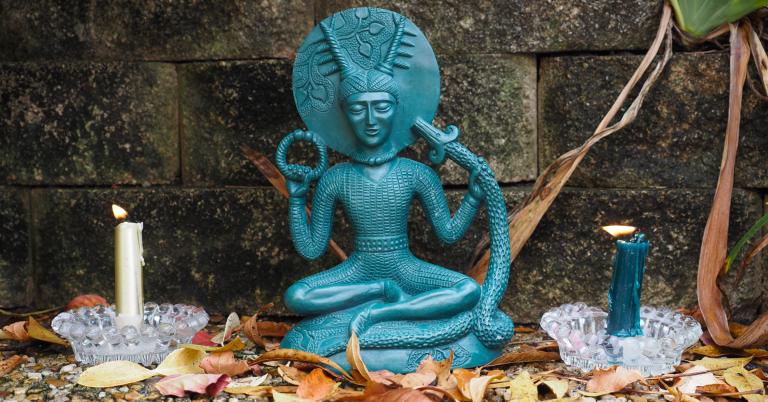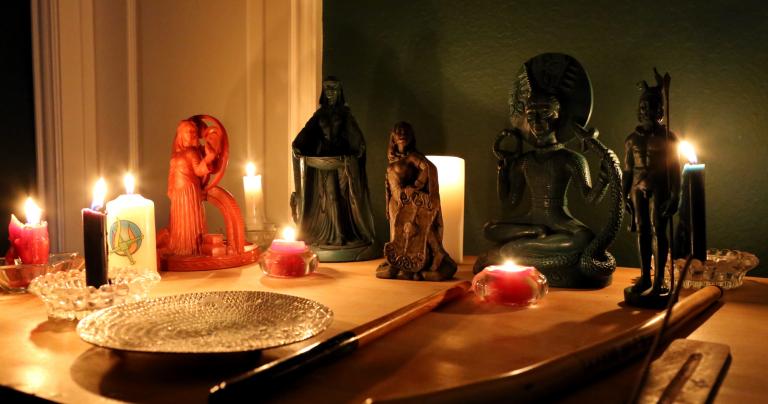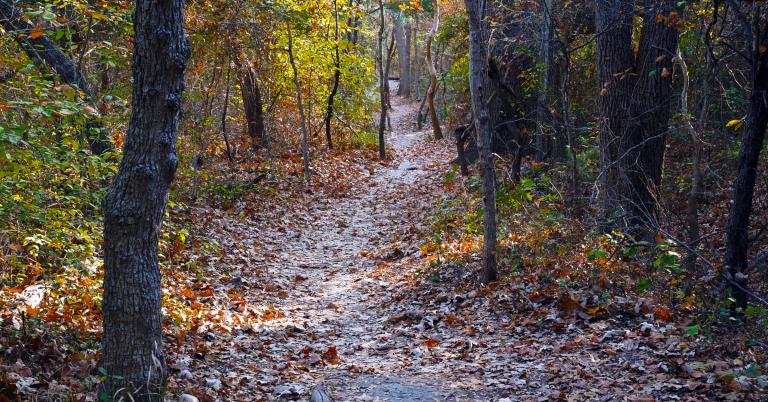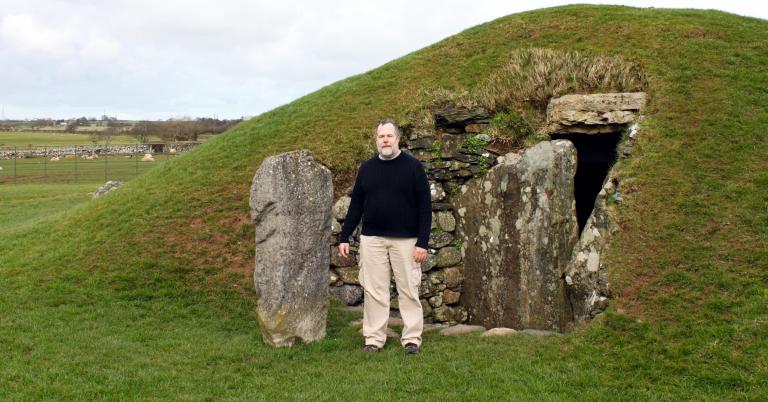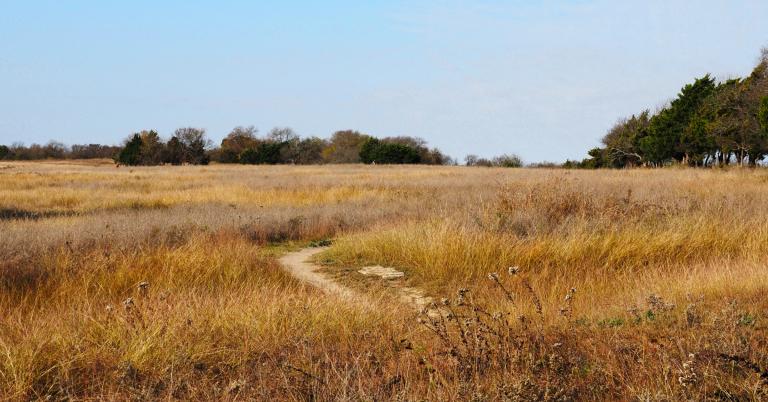Did you make a commitment to a religious or spiritual group that you’re no longer a part of? Are you still officially a member of a religion you no longer follow? Were religious commitments made on your behalf when you were too young to know what was going on?
Apparently a lot of people fall into this category. I can’t count how many times I’ve seen something along these lines, ranging from “how do I cut ties with this group?” to “how do I unbaptize myself?”
And also, I’m seeing people in these groups saying things like “your oath still binds you” and “baptism is forever.” Or in many cases, simply ignoring a request to remove someone’s name from their membership rolls.
There is no one simple answer for all these different situations. In 2018 I wrote Integrity is Complicated: Breaking a Promise From Your Old Religion. That covers the ethical side of changing paths. In this post, I want to talk about the practical side. Can you be held in a religion or a tradition against your will? Mainly, what are the most effective ways to break the spiritual ties that no longer support you?
What are spiritual ties?
When I speak of spiritual ties, I’m talking about metaphors and metaphysics, psychology and magic. I’m talking about the power of Gods and spirits, and the power of contracts and of those who enforce them.
These spiritual ties (bonds, connections, pacts – choose the word that best fits your situation) are made by association. Hang around a group of people and you become connected to them – you develop relationships. Make commitments – formally or informally – and those ties get stronger.
Make oaths and they get stronger still.
These may end up being contracts that can be enforced in state courts or in church courts. I have no reason to believe otherworldly courts exist, but if a God chooses to hold you to your commitment, They have the power to do so. If you want to break a tie to a God, negotiation is pretty much your only option.
Other ties can be broken – if you have the power and will do it.
Maintaining ties: power and will
Our modern Western society believes that the absolute autonomy of the individual human is the greatest good. Other societies saw things very differently. Many still do, in this world and in the spirit world. What we think about the ethics of such arrangements is less important than the fact that they exist. Once you make a commitment – or once a commitment is made for you – you are bound by it.
Further, some spiritual connections have a life of their own, independent of the person or persons on either end.
I occasionally hear well-intentioned but naïve people say “no one can harm you without your consent.” Anyone who has ever been a child knows this is a lie.
What matters is this: how strong are the ties? Who or what is on the other end of those ties? Do they have the power and the will to maintain them?
Do you have the power and the will to break them?
Sometimes you really can just walk away
This is the first step in breaking any tie: walk away. Put physical distance between yourself and the people and groups you wish to leave. This is critically important if you’re trying to get away from Christian fundamentalism. Stop attending fundamentalist churches. Stop listening to TV and radio preachers and stay off their websites. Stop debating the Bible. When you argue from the Bible – even to make a religiously liberal point – you reinforce the idea that the Bible is a legitimate source of authority. It is not.
If you have family connections to the church – or to other spiritual organizations – that may be difficult. Many people see rejecting their religion as rejecting them. But the better job you can do of drawing clear boundaries, the better you’ll be able to heal from a bad spiritual experience.
Walking away is the most powerful thing you can do to break spiritual ties. Depending on your circumstances it may not be all you need (though it may) but without walking away, breaking the ties is virtually impossible.
Ask to be released
Again, sometimes it really is this simple. Any ethical tradition should be willing to break ties with anyone who no longer wishes to be a part of it. I’m part of a group that includes oaths of commitment. But when people have left this group, we have released them from their obligations. We did not release them from their oaths of confidentiality, and as far as I know, no one has broken them.
To be clear: oaths that protect the confidentiality of deep spiritual experiences and of sacred traditions are good and necessary. If you’ve taken such oaths, keep them, even if you’re no longer a part of that group – and even if you don’t like the people in it. Oaths that hide abuse and abusers are manipulative and should be broken to whatever extent is necessary.
The problem is that some people are possessive and vindictive. Some religions believe they have the One True Way and they’re doing you a favor by keeping you on their rolls. And sometimes an oath really is forever.
Then you have to work to break the ties.
Don’t play by their rules
In some traditions, the way to break free from Christianity is to perform an act of blasphemy, such as saying the Lord’s Prayer backwards. While that certainly burns some bridges, it also reinforces a Christian worldview. If you need a ritual to break ties, make it a Pagan ritual grounded in polytheism – something that affirms your new path, not the one you’re leaving.
A ritual to cut the cords
The spiritual ties that bind us to people, groups, and traditions may not be tangible, but they’re real nonetheless. And if they’re real they can be cut.
Put some time into creating a cord cutting ritual. Begin with cleansing: take a ritual bath, or at least shower and put on clean clothes. Set up the ritual space in your tradition. Cast a circle, invite the spirits of the elements and directions, and invite your Gods, ancestors, and the local spirits to join you. Welcome them with offerings – you’re going to need their support in your working.
See the connections you wish to sever in your mind. Take some long pieces of thread, string, or yarn – say “these cords are the ties between me and [name of group or tradition you wish to leave].” See the cords not just as cords, but as the spiritual and magical bonds and connections they represent. Give yourself time for it all to sink in – feel the presence of the connections.
Then when you’re ready, use a knife or scissors and cut the cords all the way through. As you cut, say “I sever these ties and I break them forever.” Add other words to customize the working to your particular situation.
See the spiritual cords severed and broken.
Feel yourself growing loosed and free.
When you’re done, either burn the cords or throw them in the trash – the further away from you and your house the better.
You can do this ritual alone, but if you have friends to help you and to add their power to yours, it’s likely to be easier.
Marks are harder to remove than ties
Sometimes what binds you to a group or a tradition is not a cord but a mark – something that’s on you or in you. Walking away, being released, or cutting cords will help, but it won’t remove the mark – it’s a part of you.
“Mark” is a metaphor, not a literal description – don’t go searching your body like some medieval witchfinder. It represents the concepts, philosophies, and doctrines of the tradition you left. If you find yourself thinking the way they think, and especially if you’re fearing the things they told you to fear, you’ve probably got a mark.
Marks can’t be scrubbed off. They have to be pushed out from the inside.
Cutting ties is the first step – a necessary step that stops the reinforcement of the mark. But that doesn’t remove what’s already there, and it’s not likely to fade away on its own.
The cure for bad religion is good religion
Religion, spirituality, magic. Traditions and groups within any of those. Individuals – particularly charismatic and manipulative individuals. Whatever has its mark on you, the best way to get rid of it is to crowd it out – to replace it with something good and helpful.
Start by examining your foundational assumptions about the world and how it works. What do you believe (as opposed to what you’ve been told you’re supposed to believe), why do you believe it, and why do you not believe something else?
Read and study. We live in the most religiously diverse society in the history of humanity, and most of those religions are open to you. Which one calls to you? Explore it in depth.
Begin a spiritual practice. Pray, meditate, and make offerings. Spend time outside in Nature. Initiation or self-initiation may be helpful, when you’re ready for it.
If you possibly can, find a group. Working on your own is good and necessary, but there is no substitute for a community of like-minded coreligionists. They can answer your questions, support your work, and encourage you when you’re down. Together you can do rituals and mundane projects that are beyond the capacity of any solitary individual. If you can’t find a local group, consider an organization that works remotely, such as the Order of Bards, Ovates and Druids.
While I’m a committed polytheist, I recognize that this can be done in a non-theistic manner. But that requires developing a non-theistic spirituality. Atheism that defines itself in opposition to theism (usually in opposition to conservative Christianity) simply continues the battle under the rules of the religion it supposedly left behind.
Time, but not only time
Time alone will not remove a spiritual mark. Time may allow it to fade (though that’s not guaranteed) but it will always be there, ready to flare up when something triggers a bad memory.
It takes dedicated, consistent work. In my case it took years. That’s the bad news.
The good news is that as soon as you begin, the mark starts to fade and things start to get better. How long it takes to be completely gone depends both on how diligently and effectively you work, and also on how deep the mark was in the first place. Mine was very, very deep.
But now it’s gone.
Exercising the will to break harmful ties
I’m thankful for the helpful and supportive ties and connections in my life: my oaths to my Gods and to other spiritual persons. My connections to various organizations and institutions – some of those ties are formal and some are informal. The bonds of friendship, especially with my local co-religionists. These ties have been essential to my health and well-being over the past year and a half, and the four years or so before that.
But not all such ties are beneficial.
Some spiritual ties are made in ignorance. Some are made under duress. Some are made in good faith, but then others break that faith. And some are made with the idea that they’ll last forever, but then one or both parties move in a different direction.
Breaking the spiritual ties that no longer support us requires more than disavowing them. It requires walking away and staying away. It requires breaking the connections, either by mutual consent or with ritual action, or both. And it may require consistent practice to remove a mark from the inside, to crowd out bad religion with good religion.
Intention is the starting point, but intention without action produces nothing.
We need the will to do what must be done.
Blessings to you as you break the harmful spiritual ties in your life, and as you strengthen the helpful ties.


